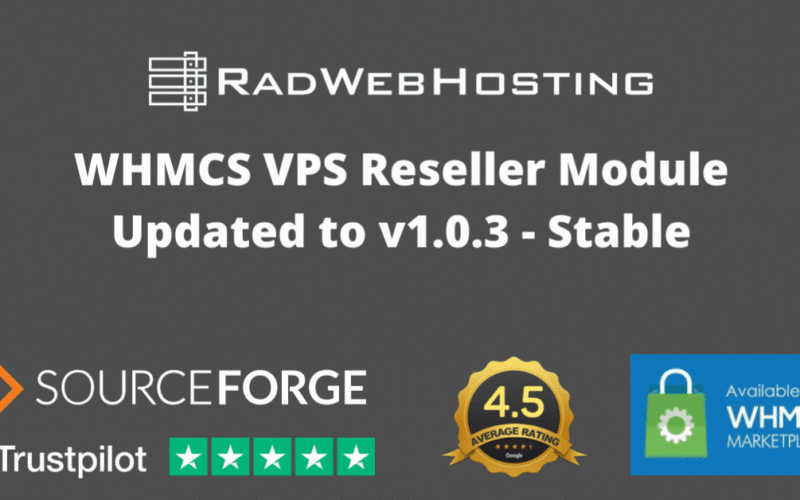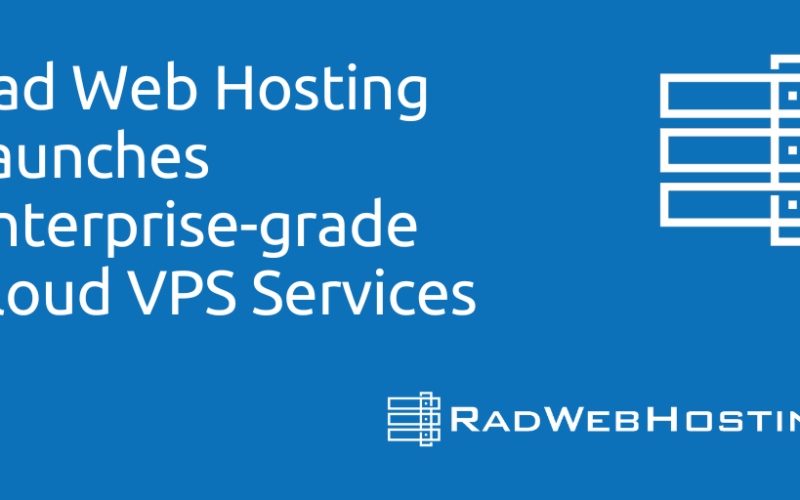
We’re proud to announce Oracle Linux 10 now available for VPS servers. Users now have additional Operating System choices to use with Oracle Linux VPS servers. This template is available for immediate deployment and can be selected from the “OS Reinstall” menu in the Server Panel for existing servers.
Oracle Linux 10 Now Available for VPS Servers
Oracle Linux 10 has just been added to the available OS templates for VPS servers. This template is available for immediate deployment and can be selected from the “OS Reinstall” menu in the Server Panel for existing servers.
What’s New in Oracle Linux 10?
Here’s what’s new and notable in Oracle Linux 10.0, which reached general availability on June 26, 2025:
🚀 Release Overview
- GA Release Date: June 26, 2025
- Supported Architecture:
- Intel/AMD x86_64 (requires x86‑64‑v3)
- ARM 64‑bit (aarch64) running with UEK only
- Kernel Options:
- UEK 8U1 (Unbreakable Enterprise Kernel 8 Update 1): Linux 6.12 LTS base, with enhancements and selected Linux 6.15 drivers and features. UEK is default on install and first boot.
- Red Hat Compatible Kernel (RHCK): Optionally available on x86 platforms
🔐 Performance & Security Features
- Oracle Ksplice for zero‑downtime patching (kernel and user-space), available with Premier Support
- Post‑quantum cryptography (PQC) support introduced as a technical preview in OpenSSL and crypto‑policy stack
- Security-focused OpenSSH updates offering side-channel mitigations, credential protections, and hardened authentication defaults
🧰 Developer Toolchain & Languages
- Compilers & Build Tools:
- Updated GCC with improved diagnostics, OpenMP support, and enhanced security options
- Valkey: High-performance in-memory key-value store replacing Redis for supported environments
- Language Runtimes:
- Python 3.12, CMake 3.30.5, OpenJDK 21
- Included .NET 9.0 (with new API support and performance) and .NET 8.0 (LTS) via dnf install
- Utility and Diagnostic Enhancements:
sosdiagnostic tool improved with--skip-cleaning-filesfor sensitive data exclusion and standardized plugin namespace naming
🖥️ Installation & Boot Changes
- New installer conveniences:
- Administrative user created during install is automatically granted sudo privileges—but this can be toggled off manually.
- NVMe-over-Fabrics storage devices are recognized during installation and selectable as disk targets
- GRUB 2 version 2.12 brings:
- Dynamic runtime memory allocation via firmware
- VLAN and serial/PCI/MMIO UART console support, TPM fixes, file‑system and CVE patches, and better debug/test tooling
⚠ Feature Deprecations & Removals
Oracle Linux 10 marks several planned drop-offs of legacy features:
- Installer-level removals:
authconfig,%anaconda, Kickstart options likeinst.xdriver,inst.gpt, CLI options likepwpolicy, and GUI repo additions are no longer supported
- Container and OS stack:
runcruntime removed in favor ofcrun- cgroup‑v1 removed; moving fully to cgroup‑v2
- Podman v5.0 deprecates slirp4netns, system connections, and containernetworking‑plugins
- Networking and storage tools:
dhcp-client, isa‑fdc (floppy driver), and qcow2‑v2 support deprecated; use qcow2‑v3- isc Kea DHCP server replaces old ISC DHCP
ipsetdeprecated—recommend using nftables sets instead
- High availability tools:
- Deprecated pcsd web UI in favor of Cockpit console
- Libvirtd monolithic daemon replaced with modular libvirt service structure
- Some Pacemaker CIB syntax and components removed
- Deprecated packages (e.g. sendmail, Redis, xsane, wget, libs for pmem, sdl2‑compat) slated for removal in future releases
SEE ALSO: CentOS Stream vs AlmaLinux vs Rocky Linux vs Oracle Linux for VPS Hosting
✅ Summary Comparison
| Area | Oracle Linux 10 Highlights |
|---|---|
| Kernel Choices | UEK 8.1 (Linux 6.12/6.15) + RHCK option |
| Live Patching | Oracle Ksplice (no reboot patching) |
| Security | Post-quantum crypto preview, hardened OpenSSH |
| Toolchain | GCC enhancements, Valkey store, .NET 9/8, Python 3.12 |
| Installer | NVMe‑oF support, sudo-enabled user by default |
| Package & Tools | GRUB 2.12, updated debug and install toolchains |
| Legacy Removal | runc, cgroup‑v1, dhcp, ipset, libvirtd, etc. |
TL;DR
Oracle Linux 10 delivers full RHEL 10 compatibility, with two kernel options (UEK 8.1 default, RHCK optional), zero-downtime patching via Ksplice, and early post-quantum crypto support. It modernizes the developer stack—introducing Python 3.12, .NET 9 and 8, Valkey—and streamlines installation and debugging workflows (GRUB 2.12, NVMe‑oF, enhanced sos). At the same time, it phases out older components like runc, cgroup‑v1, legacy DHCP/client tools, and certain high-availability and installer features.

How to Deploy Oracle Linux 10 VPS?
For full access to all of the upgrades, improvements and new packages, launch your own Oracle Linux 10 instance on 100% SSD Oracle Linux VPS Servers. New clients can save 25% with promo code “NEWHERE“!
Compare Oracle Linux VPS Plans
OS Templates Overview
Please find an updated list of templates available for KVM VPS installations below.
Existing Linux VPS Templates
- AlmaLinux 8 (64 bit)
- AlmaLinux 9 (64 bit)
- AlmaLinux 10 (64 bit)
- Rocky Linux 8 (64 bit)
- Rocky Linux 9 (64 bit)
- Rocky Linux 10 (64 bit)
- Oracle Linux 8 (64 bit)
- Oracle Linux 9 (64 bit)
- CentOS 7 (64 bit)
- CentOS 8 (64 bit)
- CentOS 9 Stream (64 bit)
- Debian 9 (64 bit)
- Debian 10 (64 bit)
- Debian 11 (64 bit)
- Debian 12 (64 bit)
- Fedora 30 (64 bit)
- Fedora 32 (64 bit)
- Fedora 34 (64 bit)
- openSUSE 13.1 (64 bit)
- openSUSE 15.1 (64 bit)
- Scientific Linux 7.4 (64 bit)
- Ubuntu 18.04 LTS (64 bit)
- Ubuntu 20.04 LTS (64 bit)
- Ubuntu 22.04 LTS (64 bit)
- Ubuntu 24.04 LTS (64 bit)
New VPS Templates
- Oracle Linux 10 (64 bit)
If you have any questions or concerns regarding this update, we encourage you to contact us for support.
For the most updated list of OS templates available, please check the KVM VPS Servers page.









[…] Oracle Linux 10 (64 bit) […]
[…] Oracle Linux 10 […]
[…] Oracle Linux 10 (64 bit) […]
[…] Oracle Linux 10 (64 bit) […]